 Elena Razlogova is an Associate Professor of History at Concordia University (CAN). She is the author of The Listener’s Voice: Early Radio and the American Public (University of Pennsylvania Press 2011) and co-editor of Radical Histories in Digital Culture issue of the Radical History Review (2013). She has published articles on U.S. radio history, digital music recommendation and recognition algorithms, and film translation in the Soviet Union. Her chapter on freeform DJs, automated music recommendation, and the radio station WFMU appeared in Radio’s New Wave (2013) edited by Jason Loviglio and Michele Hilmes, and her chapter on the history of the Shazam app, in Appified (2018). She is writing a book on the uneasy relationship between algorithmic music culture and the freeform radio tradition.
Elena Razlogova is an Associate Professor of History at Concordia University (CAN). She is the author of The Listener’s Voice: Early Radio and the American Public (University of Pennsylvania Press 2011) and co-editor of Radical Histories in Digital Culture issue of the Radical History Review (2013). She has published articles on U.S. radio history, digital music recommendation and recognition algorithms, and film translation in the Soviet Union. Her chapter on freeform DJs, automated music recommendation, and the radio station WFMU appeared in Radio’s New Wave (2013) edited by Jason Loviglio and Michele Hilmes, and her chapter on the history of the Shazam app, in Appified (2018). She is writing a book on the uneasy relationship between algorithmic music culture and the freeform radio tradition.
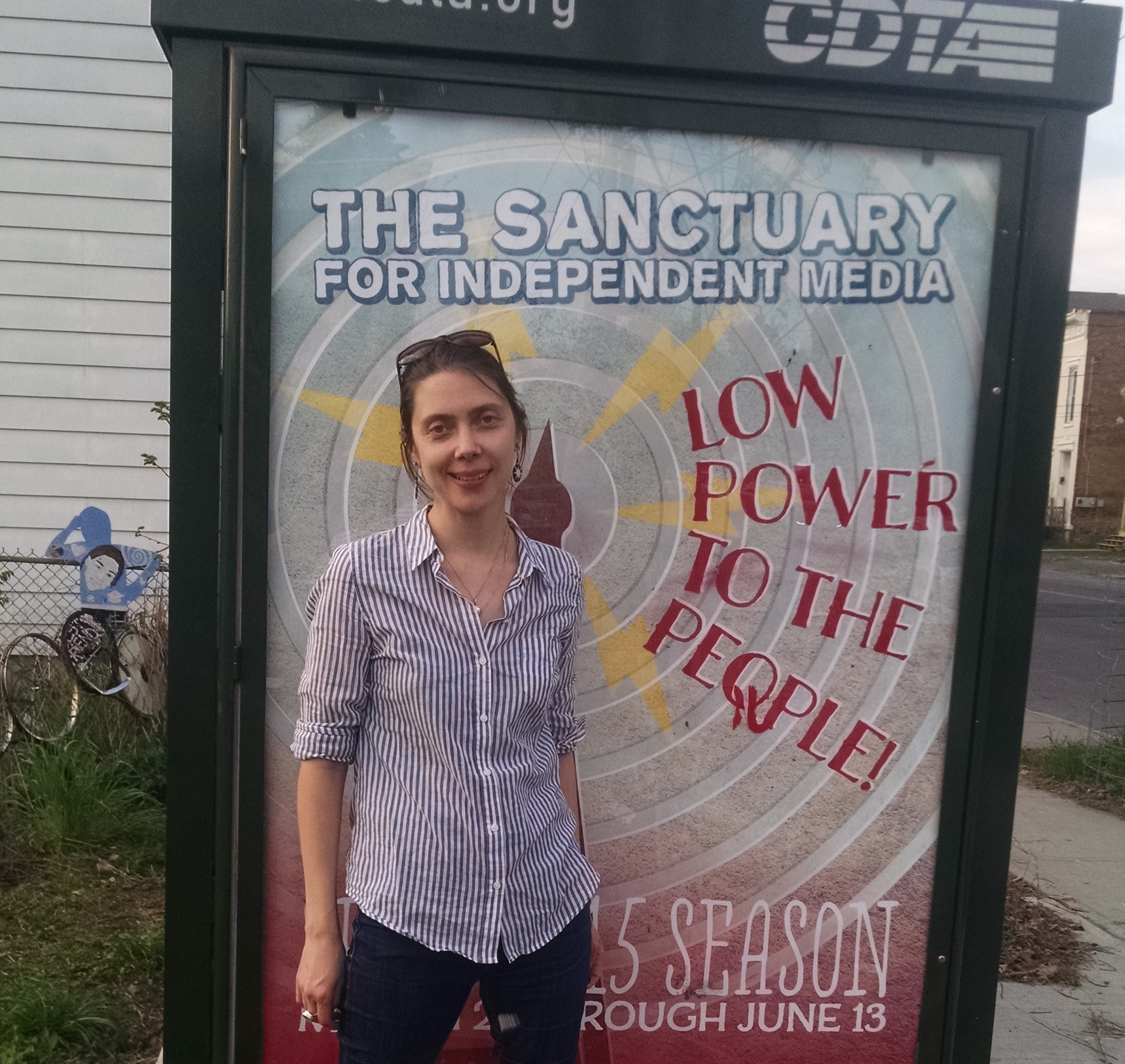 Christina Dunbar-Hester is a faculty member at the University of Southern California’s Annenberg School for Communication and Journalism. She is the author of Low Power to the People: Pirates, Protest, and Politics in FM Radio Activism (MIT Press, 2014). This book examines activism to promote local community radio even in a “digital” age. It was selected as the co-winner of the 2014 McGannon Award for Social and Ethical Relevance in Communications Technology Research. Prof. Dunbar-Hester’s research centers on the politics of technology. She is completing a new book, Hacking Diversity: The Politics of Inclusion in Open Technology Cultures, under contract with Princeton University Press. This research centers on advocacy to address diversity issues in open technology communities like hackerspaces and open source software.
Christina Dunbar-Hester is a faculty member at the University of Southern California’s Annenberg School for Communication and Journalism. She is the author of Low Power to the People: Pirates, Protest, and Politics in FM Radio Activism (MIT Press, 2014). This book examines activism to promote local community radio even in a “digital” age. It was selected as the co-winner of the 2014 McGannon Award for Social and Ethical Relevance in Communications Technology Research. Prof. Dunbar-Hester’s research centers on the politics of technology. She is completing a new book, Hacking Diversity: The Politics of Inclusion in Open Technology Cultures, under contract with Princeton University Press. This research centers on advocacy to address diversity issues in open technology communities like hackerspaces and open source software.
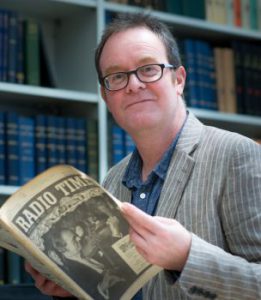 David Hendy is Professor of Media and Cultural History at the University of Sussex, England. He’s currently writing a new authorised ‘Centenary’ history of the BBC, and running a research project to bring the BBC’s oral history archive into the public realm. His books include Radio in the Global Age (2000), Life on Air: a History of Radio 4 (2007), Public Service Broadcasting (2013), and Noise: a Human History of Sound and Listening (2013). David also broadcasts regularly. In 2013, he wrote and presented the thirty-part BBC Radio 4 documentary series Noise: a Human History; in 2016 he wrote and presented Power of Three, a seventy-part series, and Langston Hughes at the Third, a 45-minute documentary-feature about the radio career of the Harlem poet Langston Hughes, both for BBC Radio 3.
David Hendy is Professor of Media and Cultural History at the University of Sussex, England. He’s currently writing a new authorised ‘Centenary’ history of the BBC, and running a research project to bring the BBC’s oral history archive into the public realm. His books include Radio in the Global Age (2000), Life on Air: a History of Radio 4 (2007), Public Service Broadcasting (2013), and Noise: a Human History of Sound and Listening (2013). David also broadcasts regularly. In 2013, he wrote and presented the thirty-part BBC Radio 4 documentary series Noise: a Human History; in 2016 he wrote and presented Power of Three, a seventy-part series, and Langston Hughes at the Third, a 45-minute documentary-feature about the radio career of the Harlem poet Langston Hughes, both for BBC Radio 3.
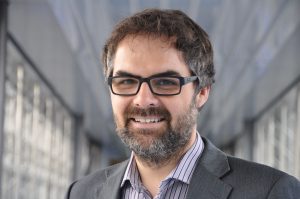 Dr. David Fernández Quijada is the Manager of the Media Intelligence Service, the market research unit of the European Broadcasting Union (EBU). He has worked at the EBU since 2013, leading the EBU’s market research efforts on radio, including audiences, technology and market developments. Most of this work is focused on public service media. He is also the manager of the PSM Contribution to Society project. Previously, Dr Fernández Quijada worked as a lecturer at the Autonomous University of Barcelona and was the founding vice-chair of ECREA’s Media Industries and Cultural Production section.
Dr. David Fernández Quijada is the Manager of the Media Intelligence Service, the market research unit of the European Broadcasting Union (EBU). He has worked at the EBU since 2013, leading the EBU’s market research efforts on radio, including audiences, technology and market developments. Most of this work is focused on public service media. He is also the manager of the PSM Contribution to Society project. Previously, Dr Fernández Quijada worked as a lecturer at the Autonomous University of Barcelona and was the founding vice-chair of ECREA’s Media Industries and Cultural Production section.
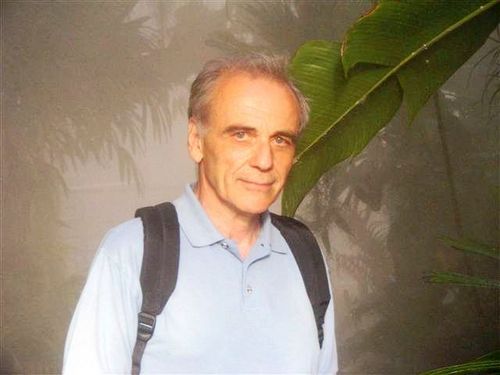 Enrico Menduni is full professor of “Broadcast Cultures” and “Digital Media” at Università Roma Tre, Italy. Main research interests: radio and TV broadcasting, social networking, connected society.
Enrico Menduni is full professor of “Broadcast Cultures” and “Digital Media” at Università Roma Tre, Italy. Main research interests: radio and TV broadcasting, social networking, connected society.
He served as a member of the Board of Directors of Rai, Italian Public Service Radio and Television, and of the National Council of Communications. He is the chair of University’s Web Radio station (RomaTre Radio); a member of IREN, International Radio European Network, and Editor for continental Europe of The Radio Journal. International Studies in Broadcast & Audio Media. He is also a professional journalist, a screenwriter and docufilm director.
Among his recent books: Televisione e radio nel XXI Secolo [Television and Radio Broadcasting in XXIst Century] (Bari-Roma, Laterza, 2016); Entertainment. Spettacoli, centri commerciali, talk shows, social network [Entertainment, Show Biz, Malls, Talk Shows, Social Networks] (Bologna, Il Mulino, 2013); “Italy: From State Monopoly to a Private-led Radio Market through Controversial Digitalization”. In: Hendricks, John Allen (ed.), The Palgrave Handbook of Global Radio. p. 161-175, London, Palgrave, 2012; Il mondo della radio. Dal transistor ai social network [The World of Radio. From Transistors to Social Networks] (Bologna, Il Mulino, 20122), La grande accusata. La televisione nei romanzi e nel cinema [The Great Escape Goat. Television in Novels and Cinema] (Bologna, Archetipo, 2012), Televisioni [Televisions] (Il Mulino, 2009).
Among his international articles: “Four Steps in Innovative Radio Broadcasting: From QuickTime to Podcasting”, in The Radio Journal, vol. 5, number 1, 2007, pp. 9-18; “Petty officers of the political fleet: the impact of personal mobile communication technologies on communicative practices of Italian politicians and the transformations of the public sphere”, in Convergence, vol. 11, N. 2, 2005, pp. 88-100; “An unheard story? The challenge for radio studies in Italy”, in The Radio Journal, vol. 2, N. 1, 2004, pp. 45 – 56. enrico.menduni@uniroma3.it www.mediastudies.it
 Nico Carpentier is Docent at Charles University in Prague, Professor at Uppsala University, and Associate Professor at the Vrije Universiteit Brussel (VUB – Free University of Brussels). Moreover, he is a Research Fellow at the Cyprus University of Technology and Loughborough University.
Nico Carpentier is Docent at Charles University in Prague, Professor at Uppsala University, and Associate Professor at the Vrije Universiteit Brussel (VUB – Free University of Brussels). Moreover, he is a Research Fellow at the Cyprus University of Technology and Loughborough University.
Earlier, he was ECREA Treasurer (2005-2012) and Vice-President (2008-2012), and IAMCR Treasurer (2012-2016). Currently, he is Chair of the Participatory Communication Research Section at IAMCR. His latest books are The Discursive-Material Knot: Cyprus in Conflict and Community Media Participation (2017, Peter Lang, New York); Cyprus and its Conflicts. Representations, Materialities, and Cultures (2018, co-edited), Critical Perspectives on Media, Power and Change (2018, co-edited) and Respublika! Experiments in the Performance of Participation and Democracy (2019, edited).
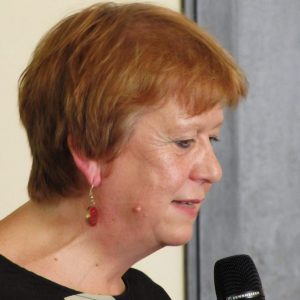
Dr. Caroline Mitchell is Senior Lecturer in Radio at the University of Sunderland, UK, where she teaches on its longstanding Masters in Radio. She has been involved in community radio production, activism, training and research for over 30 years. She was co-founder of Fem FM, the first women’s radio station in the UK (1992) and co-curated a digital archive of the station in 2014. She has published widely about women and radio (including Women and Radio: Airing Differences, 2000, Routledge), community radio training and participatory archiving and mapping practices. As a lead member of Transnational Radio Encounters research project she was part of the team that developed the global online platform radio.garden. She is a member of Women´s Radio in Europe Network. Her current research is a long term project working with communities in the north-east of England to explore cultural interventions via community media mapping and participatory action research.

